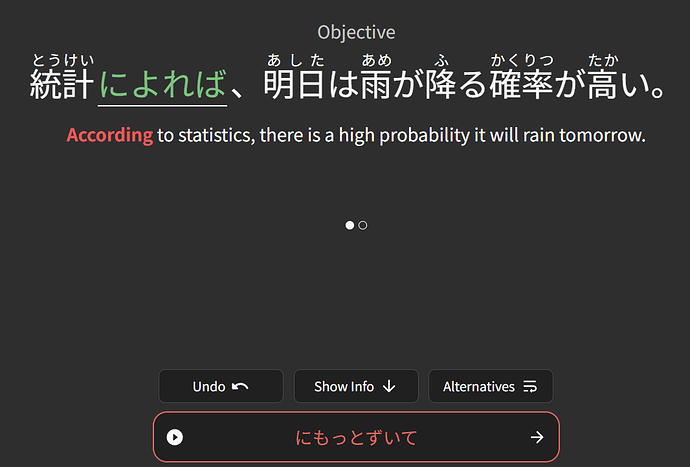Why is ni mottozuite wrong and ni yoreba is right? What is the difference?
You spelt it wrong btw man.
It’s not ‘zu’ it’s ‘du’ when typing in keyboard so ‘にもとづいて’. Different kana but pronounced the same. Also there’s no っ extension either after the ‘mo’.
As mentioned, you’ve misspelt the word. But to give a brief answer on why they’re different:
に基いて → looking at the kanji you can see that this word/phrase has a meaning like “being founded upon” or “with 〇〇 as a foundation” or “with 〇〇 as a basis”
によると (and it’s friends) can be written with a few different kanji although it is rare, the most common being 依る → so looking at this kanji we can see the nuance of “being reliant upon” or “relying on 〇〇”.
In practice によると (and co) is used when reporting information secondhand based off of a source, normally one that is trusted. You’ll see it in news reports a lot where it would correspond to English phrases like “According to the police…” or “According to the treasury…” etc. You can probably see how this usage fits the sentence in the original question better.
Hope that helps!
Thank you, helpful!

